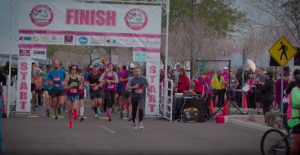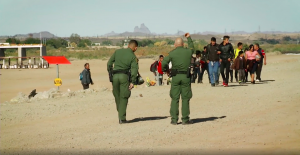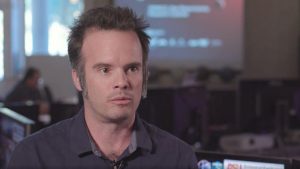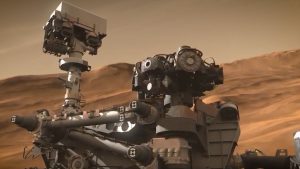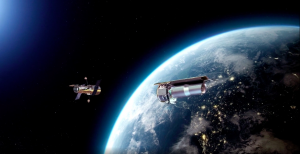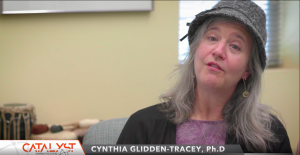Search results for “catalyst”
‘Catalyst’ special: Osiris Rex, locust swarms, genes and space
A special edition of Arizona Horizon featuring stories from the Arizona PBS show, “Catalyst.” Host Vanessa Ruiz and producer Steve Filmer share the latest in science.
Controlling T-cells to attack cells linked to Type-1 diabetes
An encouraging new study at the University of Arizona (UA) could lead to new immunotherapy treatments for Type-1 diabetes and could be extended to other autoimmune diseases. The study involves genetically engineered T-cells that can seek out and destroy pathogens in the pancreas. The research was led by UA’s Michael Kuhns, an associate professor in immunobiology.
Catalyst 304: Body and mind
Science keeps finding new connections between our bodies and our minds. Food, exercise, what we eat and what we think all intersect in some way.
Catalyst 303: Isotopic forensics
A little less than half of those who die trying to cross the southern U.S. border die in Arizona. Those sobering numbers present a scientific challenge: identifying the person who died so that loved ones can know what happened.
Catalyst 302: Looking for signs that point to life
Planets orbit faraway stars – could some of those planets have the right recipe for supporting life? Plus, we’ll look for water on the moon: what is the mission to find that water, and why it matters for getting us to Mars and beyond.
Catalyst 301: Eyes on Mars
When the next rover lands on Mars, most of the pictures it sends back will be taken by cameras designed at Arizona State University. For the first time, a rover will give us a 3-D view of features on the red planet, thanks to cameras that let us see in stereo.
Catalyst: Locust swarms
History shows that pandemics aren’t the only threat to human populations. Even old religious texts mention swarms of locusts and the risk of famine they can bring. A new outbreak of locusts is now threatening East Africa, but researchers here in Arizona are working on ways to stop the swarms.
Catalyst: How the remains of undocumented border crossers are returned home
A little less than half of those who die trying to cross the southern U.S. border die in Arizona. Those sobering numbers present a scientific challenge: identifying the person who died so that loved ones can know what happened. An ASU researcher is using technology to meet this challenge. It’s an effort funded in part by a grant from the U.S. justice department.
Catalyst: Space, the final frontier, may need rules to maintain peace
The exploration of space leads to newer and better technology, but there’s one part of space exploration that’s still dangerously low-tech: the rules. Most places away from our planet are a kind of wild west with no sheriff, and no judges.
Catalyst: Healing with Rhythm
What does healing look like? In modern medicine, it usually involves drugs or surgery. But one scientist is using a different tool to heal people with emotional or physical problems. That tool is rhythm. From the Catalyst team, here’s host Vanessa Ruiz. “It’s called cognitive restructuring. It is aimed at helping people with depression or anxiety, and it makes use of the simplest of musical instruments to help retrain your brain,” said Ruiz.


